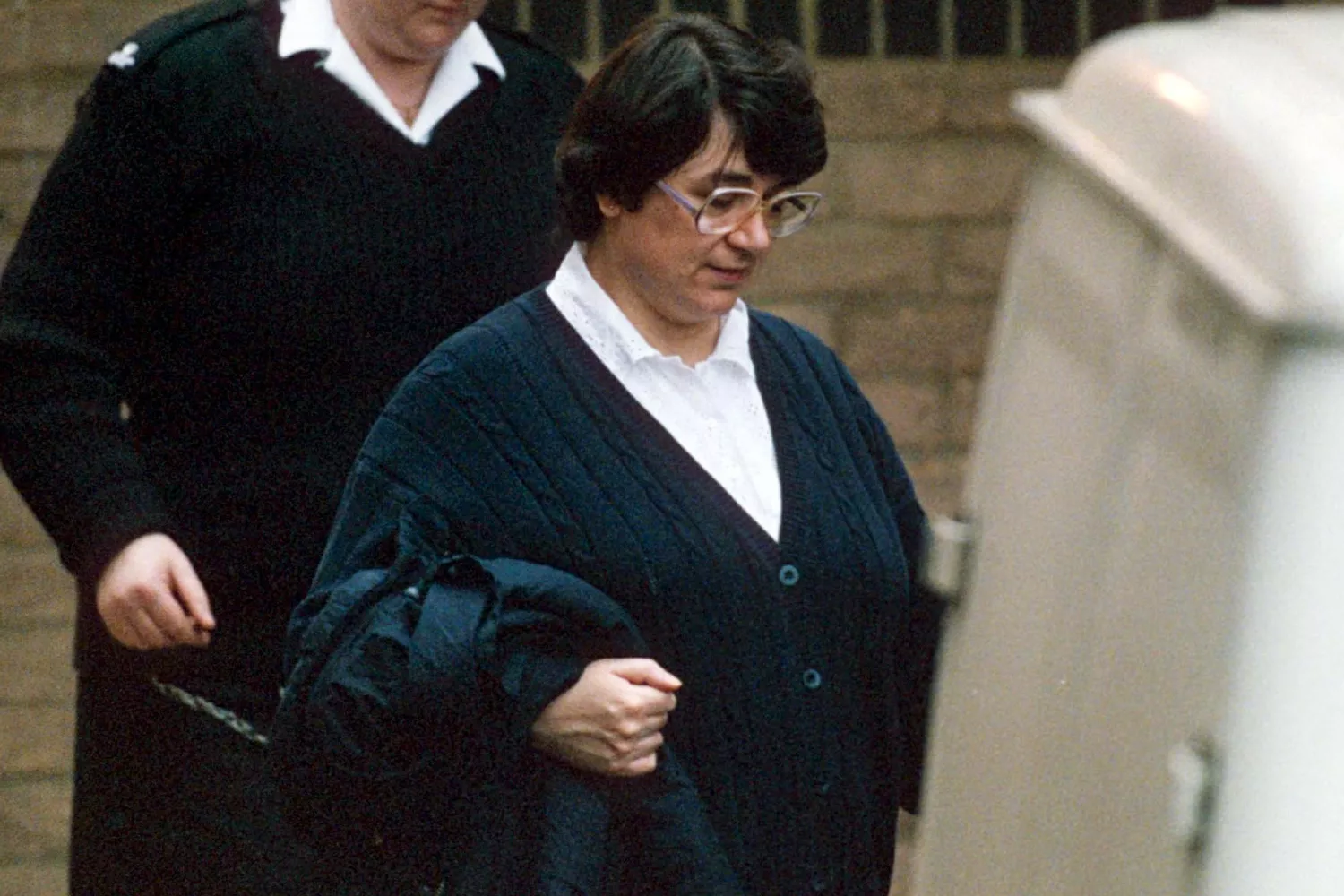Fred West: Unveiling the Horrific Crimes and Legacy of a Notorious Serial Killer

Fred West remains one of Britain’s most infamous serial killers. Alongside his wife Rose, Fred West committed a series of appalling crimes that stunned a nation. This article delves into his troubled upbringing, the gruesome details of his crimes, their discovery, and their lasting impact on victims' families and society.
The Early Life and Troubled Path of Fred West
Fred West was born in 1941 in rural Herefordshire. His childhood was reportedly marred by poverty, neglect, and disturbing behaviour. Claims suggest he suffered abuse and multiple head injuries as a teenager, both of which may have contributed to his later actions. By the time he met Rose Letts at 27, West had already committed serious offences, including the alleged murder of a former lover (full background at People.com).
The Deadly Partnership: Fred and Rose West
Fred and Rose met in the late 1960s. Their relationship quickly escalated into a sadistic partnership. The couple lured vulnerable young women—some even children—into their home at 25 Cromwell Street, Gloucester. There, the pair subjected their victims to unspeakable abuse before murdering and concealing their bodies within the property and nearby fields. Multiple investigations, including recently released police recordings, have revealed the depth of their crimes (details on the Netflix documentary at TIME).
The Discovery of a House of Horrors
Rumours of abuse swirled in Gloucester. But it was only after their own children bravely spoke up that the truth emerged. The children confided to friends and authorities about Heather West, their missing sister, and the chilling family 'joke' that she was buried under the patio. Police searched the property in 1994, discovering remains of multiple victims, including Heather. This revelation triggered a deeper investigation, uncovering a total of at least twelve murders, though some believe there could be more (Cosmopolitan UK provides further insights).
Arrest, Trial, and Sentencing
Both Fred and Rose West were arrested in 1994. Fred faced 12 counts of murder, but tragically, he took his own life in prison before trial. Rose West stood trial and was convicted of 10 murders, receiving a life sentence without parole. Throughout the legal process, she denied her involvement, claiming innocence even during private discussions with her lawyer.
The Victims and Their Legacy
The Wests’ victims were predominantly young women, many of whom were drifters or acquaintances of the couple. Heartbreakingly, two of the victims were their own children. The case spotlighted severe shortcomings in social services and child protection—a topic explored in the recent Netflix docuseries and contemporary news investigations. The trauma and pain persist for survivors and victims’ families. For many, discussing their lost loved ones remains a step towards healing (read survivors’ stories at TIME).
What Happened to 25 Cromwell Street?
The Wests’ home, 25 Cromwell Street, became infamous as the 'house of horrors.' It was demolished in 1996, a symbolic act intended to provide closure for the community and the families of the victims.
Rose West’s Life After Conviction
Now over three decades into her sentence, Rose West remains incarcerated. Reports reveal a turbulent prison life, with her moving through several facilities and occasionally facing threats from other inmates. Despite numerous appeals, she continues to assert her innocence, yet those closest to the investigation, including her own legal team, believe she was deeply involved in the crimes (explore Rose West's prison life at Cosmopolitan).
Conclusion
Fred West’s legacy is one of unimaginable horror, but also of resilience—shown by the bravery of those who spoke out and the tireless efforts of investigators. His case changed how authorities deal with missing persons and vulnerable individuals in the UK. The memory of the victims endures, serving as a solemn reminder of the importance of vigilance, compassion, and justice.